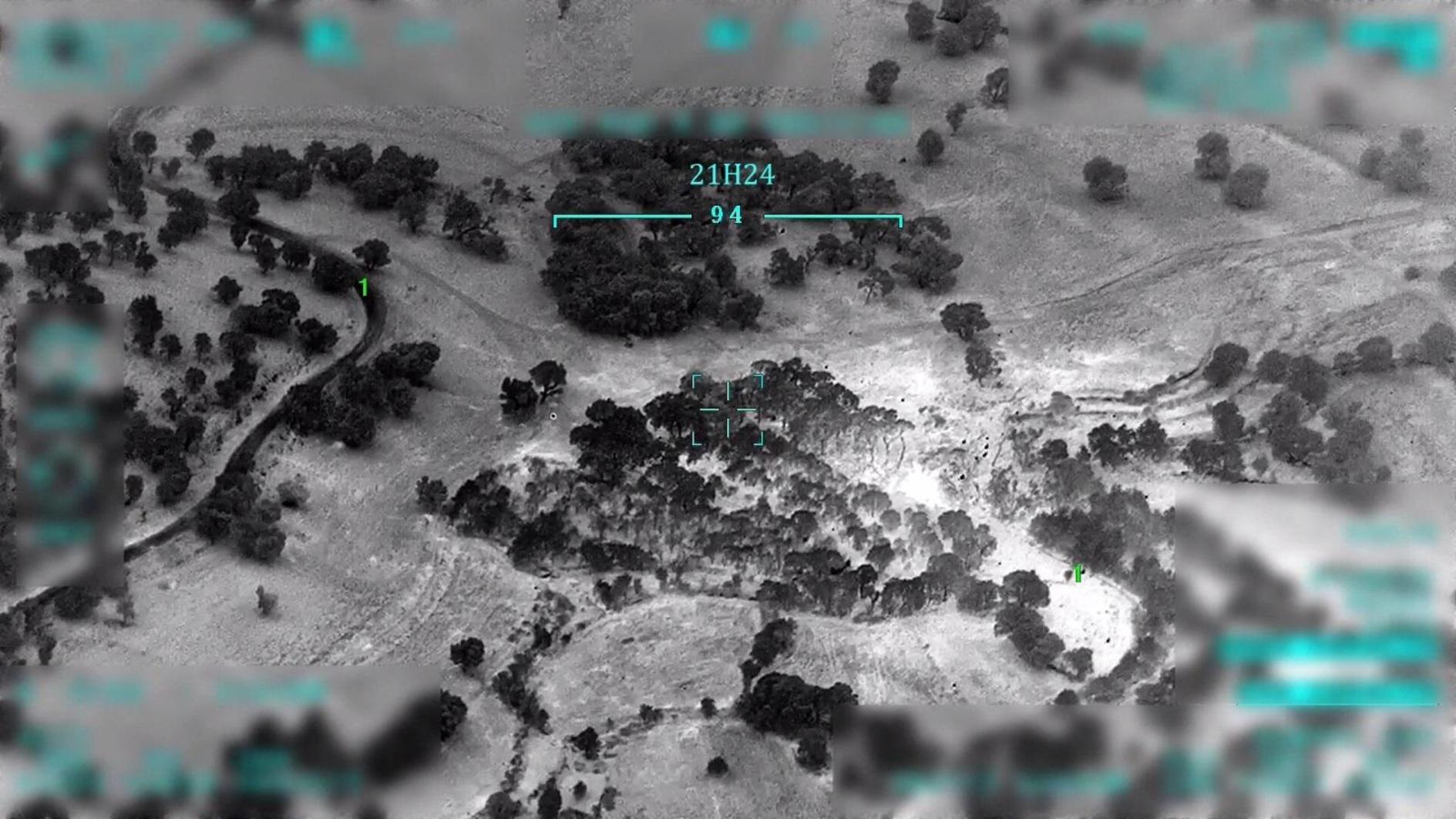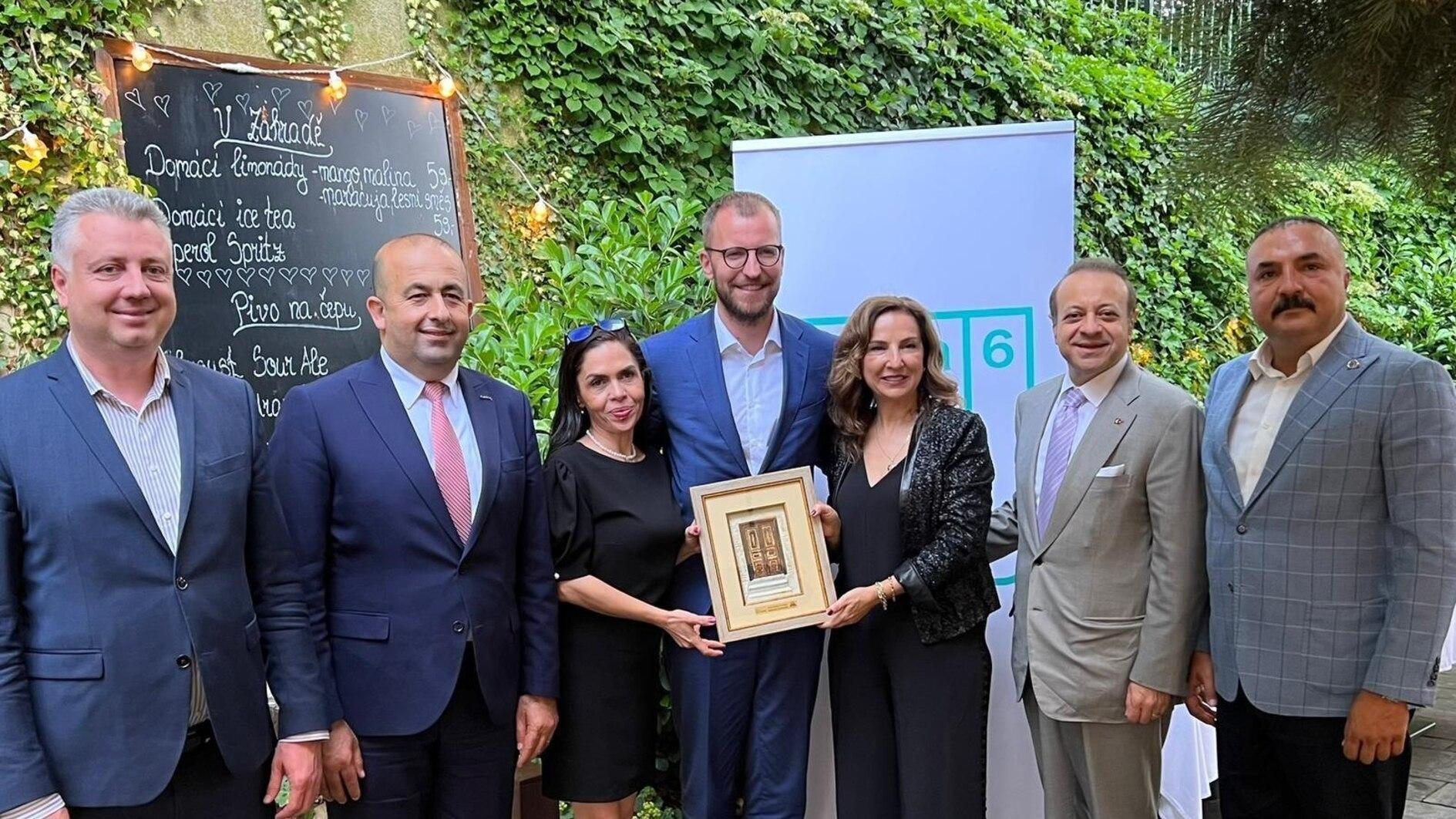Is the Turkish judiciary really blind?
Visitors to the Greek Island of Kos will have noted a building from Roman times, facing Hippocrates’ famous plane tree and the Ottoman-era Ghazi Hasan Pasha Mosque. It bears the Latin inscription “Legum Servi Sumus” which means “We are slaves to the law.”
That doesn’t sound so good of course. Slavery is a negative concept and the term “law” does not denote justice on its own. If it then Germany’s infamous Nuremberg Laws of 1935 would also have to be considered just.
The full quotation this inscription is taken from is said to belong to the Roman politician and jurist Marcus Tillius Cicero. It should read “Legum servi sumus ut liberi esse possimus.” In other words “We are all servants of law so that we may be free.”
Why the second part of Cicero’s quotation – which gives it its true meaning – has been omitted in this case is for the historians of antiquity to figure out. Maybe the Roman rulers of Kos felt they needed the first bit only to keep people in check.
What Cicero says, on the other hand, is still the basis of our modern understanding of law. We submit to rules and regulations in a society so that collectively we can all feel free. This is another way of saying “laws are there to regulate society, not restrict it.”
This of course requires an independent judiciary so that “the law is blind,” as the saying goes. Any law that restricts freedom on the basis of questionable evidence or arguments, or works to the benefit of some at the expense of others is not just.
There is a new debate raging in Turkey today regarding the law and justice. It started after Ömer Faruk Kavurmacı, the businessman son-in-law of Istanbul’s powerful mayor, Kadir Topbaş, was released shortly after he was arrested for allegedly being a supporter of Fethullah Gülen, the Islamic preacher who is accused of masterminding last year’s failed coup attempt.
The debate was further inflamed when Ekrem Yeter, the son-in-law of former Parliamentary Speaker and Deputy Prime Minister Bülent Arınç, was also released shortly after having been arrested for the same reason as Kavurmacı.
Kavurmacı and Yeter had direct links to the Gülen movement which neither can deny. Neither is out of trouble yet, because of this, but they will not have to stay in prison the way scores of journalists have to after being accused of having links to the FETÖ group, which the government says is the terrorist organization headed by Gülen.
Journalists like Kadri Gürsel and his colleagues from daily Cumhuriyet have been in prison for over 226 days as of June 13, accused of “working for FETÖ, even if they are not members of it,” as the their charge sheet puts it.
Those who have been following Gürsel over the years know he has never hidden his views against President Recep Tayyip Erdoğan and the Justice and Development Party’s (AKP) anti-democratic leanings, and most believe this is the real reason behind his incarceration.
Gürsel and the others from Cumhuriyet are not the only journalists in prison on shaky charges of course. Yet none of these journalists seem to be enjoying the leniency which has been accorded Kavurmacı or Yeter.
The inevitable public perception therefore is that this is because the journalists do not have the necessary political links and financial clout that the sons-in-law of influential AKP figures have.
That is why many are asking cynically now whether one has to be a son-in-law of some important AKP personality to be released from prison these days. That certainly seems to be the case when looked at with the naked eye, and even some supporters of the AKP are underlining the inconsistency involved in this.
That being the case, it is not “Legum servi sumus ut liberi esse possimus” which is an appropriate inscription for today’s Turkey, but “Cuius regio, eius religio” which can be roughly translated to mean “Whose realm, his religion.”
Except that in this case we have to replace “religio” with “iuris.”











